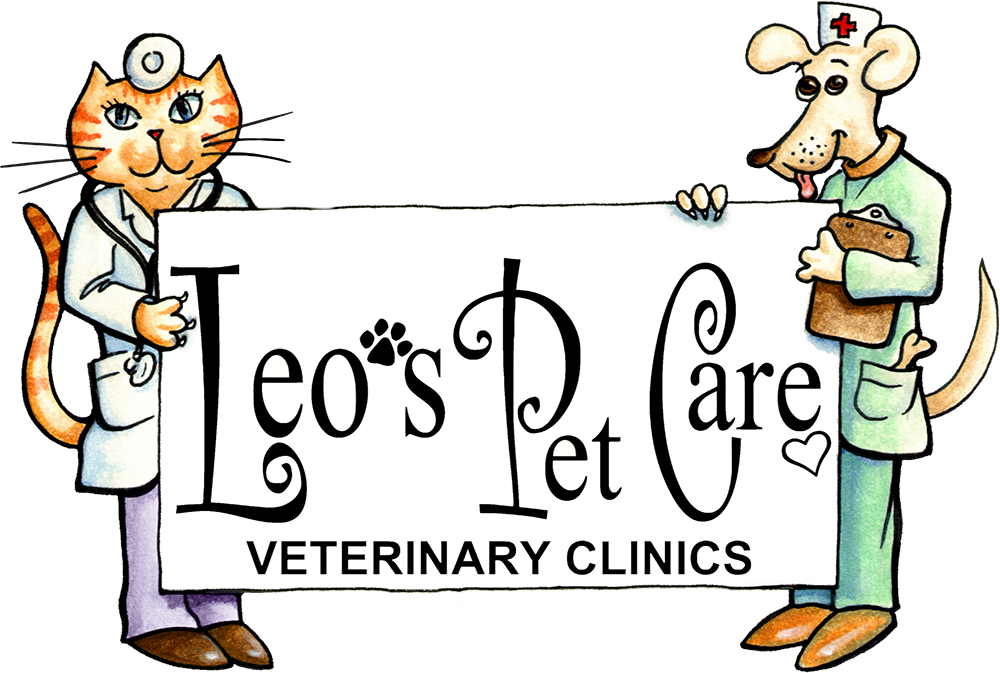
Hi there! If you’ve come here on Dr. Magnusson’s recommendation to learn about prednisone, you’re in the right place.
Prednisone is a very powerful anti-inflammatory drug. Prednisone temporarily blocks the symptoms of allergies in dogs and cats.
The more allergens your pet is exposed to, the more prednisone she will need to take (up to a prescribed maximum, obviously), to block the symptoms caused by those allergens.
Your body makes its own prednisone all the time. The reason every prescription for prednisone is written on a decreasing dosage schedule is because once you start supplementing extra prednisone via tablets, you can’t just stop giving the pills abruptly or your pet may get sick. You must slowly wean them off the drug.
Prednisone is often prescribed like this: Give “X” number of tablets twice daily for “Y” days, then “X” tablets once daily for “Y” days, then “X” tablets every 1-2 days as needed for the duration of allergy season.
Why prednisone might not “work” for your cat or dog’s problem
There are two potential pitfalls of this kind of prescription. One, if you give too little prednisone and there are still a bunch of allergens around, your pet will still be itchy. So it’s important to NOT decrease the dose per bottle instructions, but rather to use common sense and these instructions as a guideline for how you might decrease the dose, depending on how your particular pet responds.
Let’s run through an example. Say you’re giving half of a 20mg prednisone tablet every 12 hours, and your dog feels great, no itching. Then you drop to half of a tablet every 24 hours, and your dog still feels great, and is showing fewer side effects from the prednisone. Woohoo!
Then you drop even further, now only giving half of a tablet every 48 hours, and you start to notice your dog itching again. This means your particular pet wants you to go back up to the once a day dosing for a while longer! Listen to the pet, go back up to once a day, and simply call me and let me know that you’ve adjusted the dosing schedule so I can keep track in my records.
The second potential pitfall of a prescription of prednisone is that some clients stop the pills too early. We frequently hear back from clients who say “Fido felt great on prednisone, but as soon as I stopped giving him the pills, he started getting itchy again!”
Prednisone is not a CURE for allergies, merely a temporary fix. If your dog is still itchy at the end of your prescription, don’t stop, call me and tell me she’s still itchy, and I’ll get you more prednisone so you can keep giving it for a while longer.
If you’re going to use prednisone to block the symptoms of allergy, you have to keep giving the prednisone during the entire duration of allergy season, which is different for every dog.
I usually tell clients to keep track on a notepad somewhere, which weeks/months you need to use prednisone, so that next year, you’ll have some general idea what months/seasons to expect when your particular pet will likely get itchy, and you’ll know when to call our office for an exam to start up the prednisone dosing again.
Expected side effects of prednisone in dogs and cats
Every dog and cat on prednisone will develop the same symptoms: they’ll drink a ton of water, they’ll pee all the time (sometimes in your house, whoops! Forgive them!), they’ll get extra hungry (but don’t give extra food, or they’ll get fat!), they may pant more, and occasionally they will develop weird behavioral symptoms (restlessness, anxiety or aggression) and you’ll need to stop the pred.
Long term, prednisone has the potential to cause intestinal signs, weakness or fatigue, thin hair coat, and rarely more serious metabolic problems that you should discuss with your veterinarian. Prednisone is not a drug we use willy-nilly, because it does many powerful good and potentially bad things. Used intelligently to treat severe chronic seasonal allergies, though, and with constant veterinary supervision, prednisone has the potential to significantly improve your pet’s quality of life.
Please contact Leo’s Pet Care immediately at 317-721-7387 if you have any questions!
